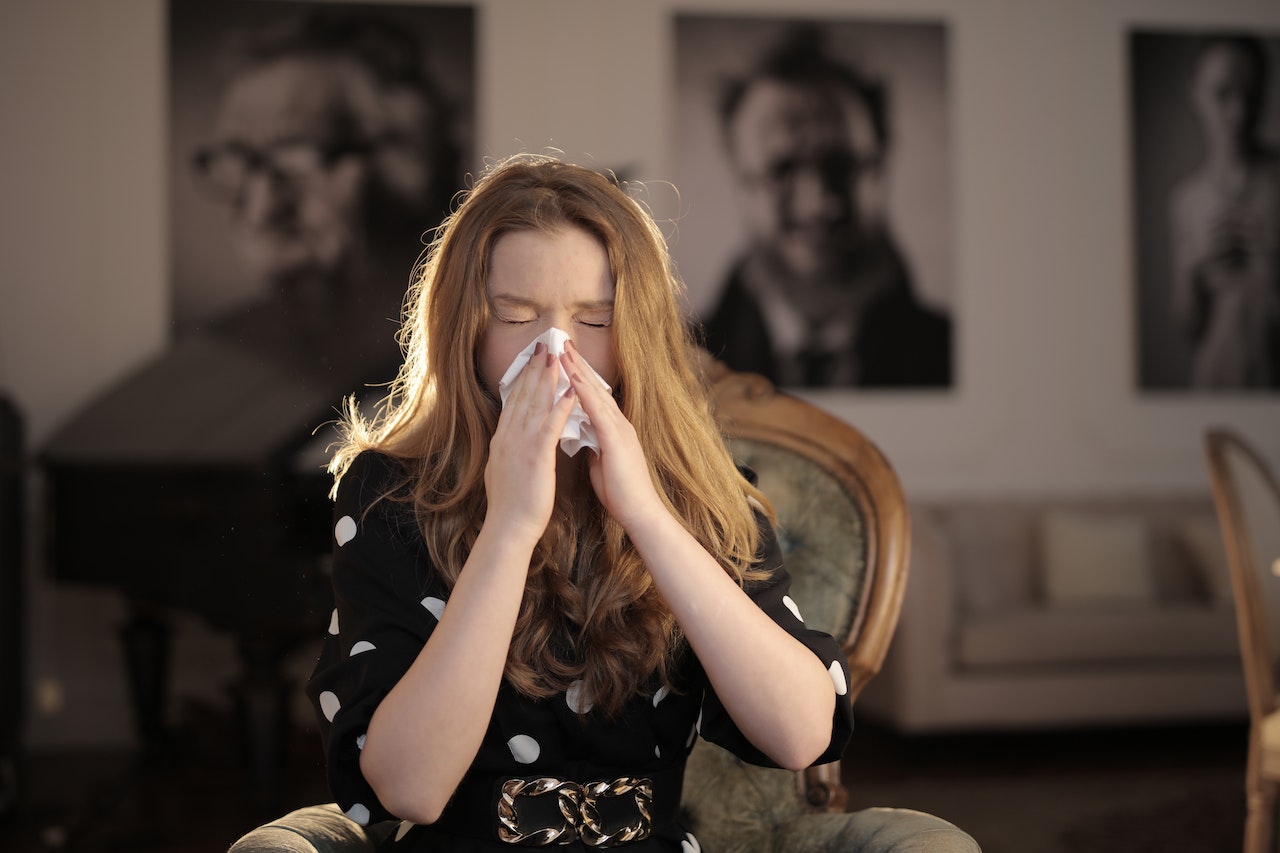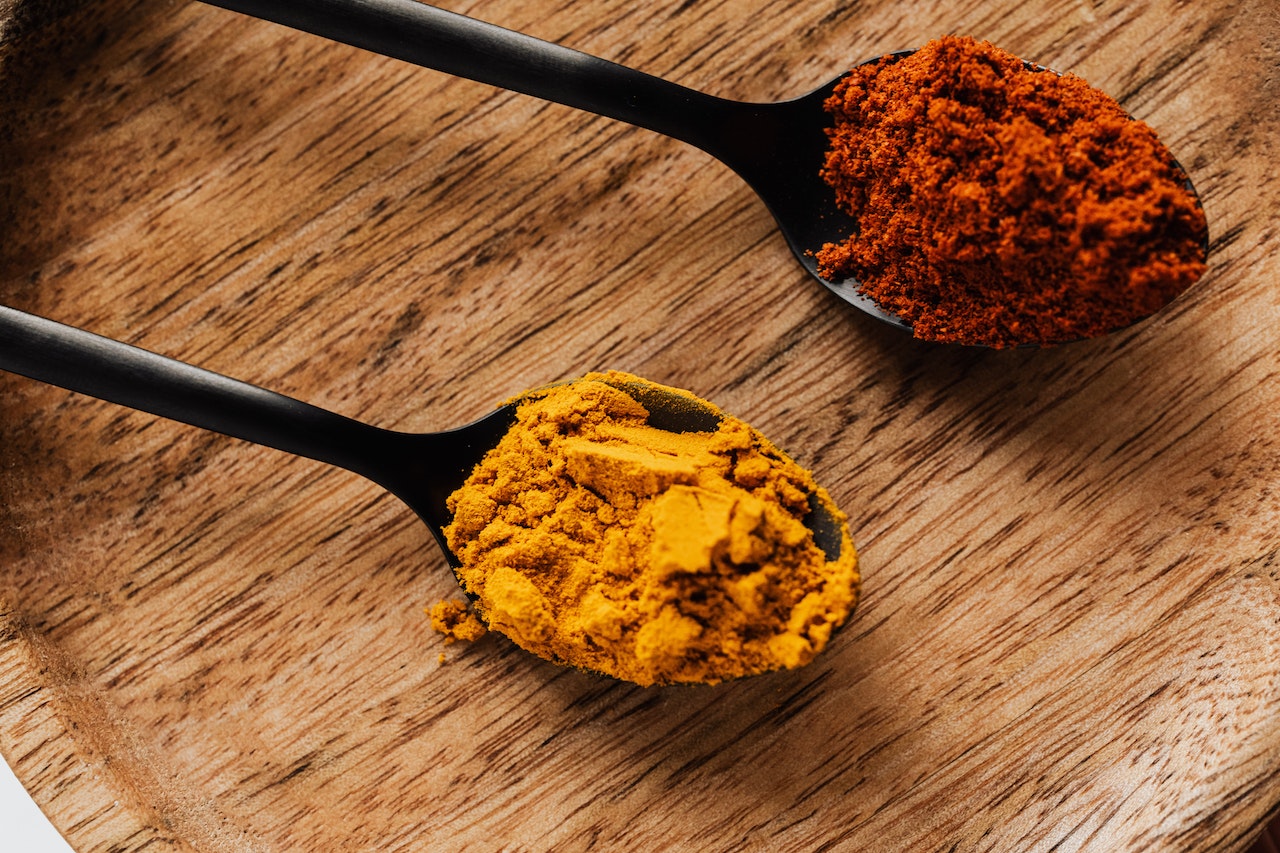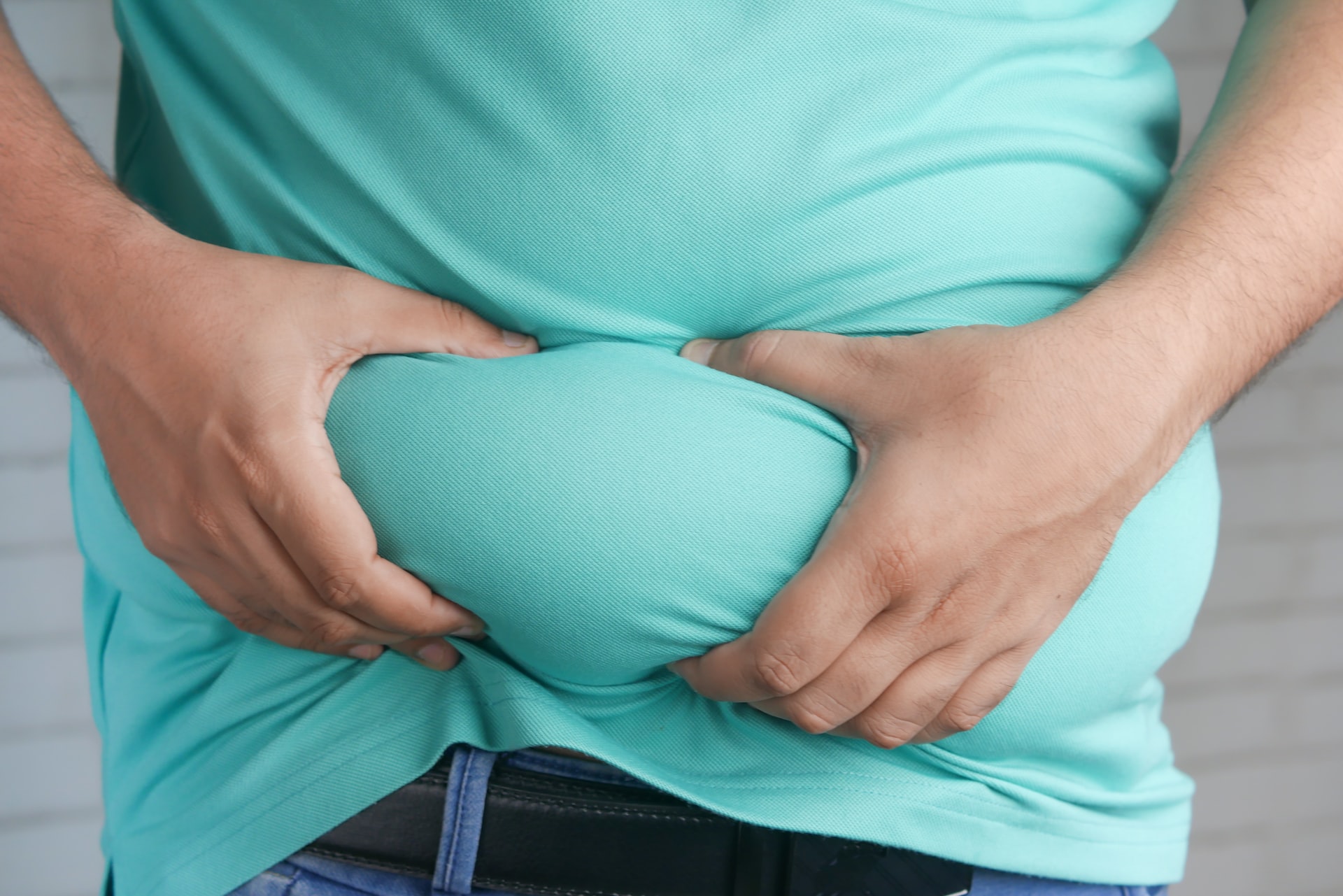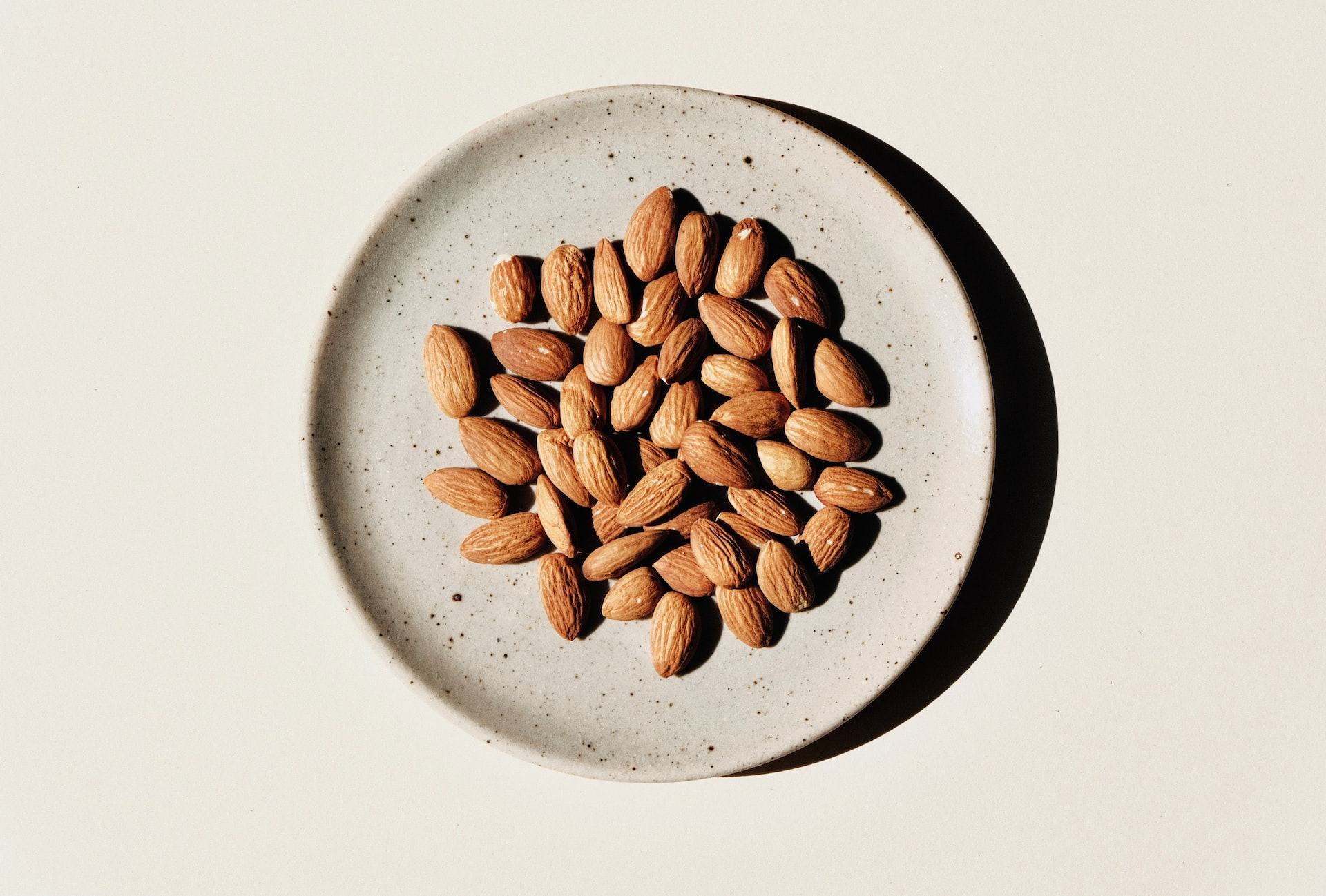Helpful and Simple Methods for Treating Period Flu
When your period is about to begin, it’s normal to feel a little more exhausted than usual. Premenstrual syndrome (PMS) symptoms like mood swings, sensitive breasts, and headaches are reported by more than 90 percent of women in their thirties, according to the Office of Women’s Health.
However, for some menstruators, the upcoming red day can make them feel as though the flu is about to set in.
Even though it’s not a recognized medical disease and is unrelated to the flu, this premenstrual occurrence might make you feel awful, but you don’t have to suffer from it all the time.
Why Do Women Get Period Flu?
While the precise cause of period flu is still unknown, the most likely cause is the sharp drop in hormone levels that occurs during the luteal phase of the menstrual cycle, also known as the interval between ovulation and your period.
A significant rise in the hormone luteinizing hormone (LH), which triggers the release of an egg from an ovary, occurs during ovulation, which usually occurs around day fourteen of your cycle. The egg then transits through the fallopian tubes to the uterus during the luteal phase.
At this period, hormone progesterone levels grow to help prepare the uterine lining for pregnancy. If you don’t get pregnant, your estrogen, progesterone, and LH levels fall, and you start to shed your uterine lining as your period starts.
Some women experience more symptoms as a result of the hormones LH and progesterone dropping. Because of the hypermobility of the bowels, tiredness, cramps, and lower back discomfort, some people characterize these symptoms as diarrhea and nausea.
It makes sense that people refer to it as the period flu since that is what I would name it since it is how people often feel when they get the flu. Progesterone may impact brain chemicals, including serotonin, according to research.
Accordingly, it is believed that progesterone changes along with serotonin levels, which may eventually result in symptoms like increased fatigue and period fever.
Below are the best ways to treat your period flu.
Try Using a Hormonal Contraceptive
Birth control is effective because it balances your hormones, preventing a rise in LH or a fall in progesterone levels. When using birth control, women don’t experience any significant changes throughout their period.
It maintains consistency throughout. Depending on your symptoms, the pill, ring, patch, or intrauterine device (IUD) may be the most effective hormonal form of birth control for managing period flu. Find out which option is best for you by consulting your doctor.
Keep Yourself Hydrated
Dehydration can result from diarrhea, so be careful to drink enough water throughout the day. According to the Mayo Clinic, drinking water, tea, or broth can help replenish lost fluid and electrolytes.
It’s also advised to consume a lot of anti-inflammatory foods, including fruits and vegetables, to help combat the pain brought on by the elevated prostaglandin levels.
Exercise
Exercise causes a natural release of feel-good endorphins and reduces inflammation brought on by prostaglandins. Put on your sneakers, go for a stroll, practice yoga, or lift some weights—whatever feels right for you.
Consider an Anti-Inflammatory Medication
A turmeric supplement or painkillers such as non-steroidal anti-inflammatory medicines (NSAIDs) can relieve cramping and lower back discomfort. Start using NSAIDs (e.g., Aleve, Motrin, Advil) in the least amount possible.
Conclusion
If you notice a monthly trend in your symptoms, you shouldn’t be overly concerned about the period flu. The best strategy is to keep track of your symptoms using a journal or a period tracking app and to contact your doctor if any new symptoms appear or if something doesn’t feel right.
Learn everything you can about flu-like symptoms before your period by checking out Rhythmic Health. We feature the best on-the-ground experts at solving each specific health challenge.
These experts are actively involved in helping people with things like an online back pain program and female hormonal weight gain. Subscribe now to overcome health challenges and lead ever more fulfilling lives!









